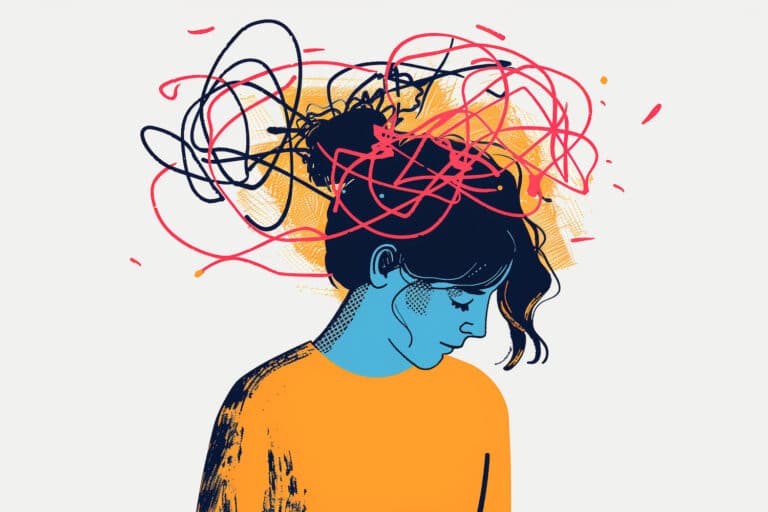Mental health, a term we hear all the time, but do you know what it means? Your mental health includes your emotional, psychological, and state of well-being. It affects the way you feel, think, and act. Your mental health can determine your social relations with others, how you perceive yourself, how you take care of yourself, and even how you make choices.Your mental health affects you from your childhood through adulthood.
Can you improve your mental health? As with anything within your body, mind, or spirit, there is always a need for continued improved. Creating a healthy mind and spirit can have a positive effect on a healthy body. Removing the negative mental and emotional patterns from our lives can provide a healing energy and reduce the stress in our lives.
The first step to improving your mental health is knowing you have control over living well, thinking well. Routines that include a healthy diet and exercise, regular sleep, and positive thoughts all contribute to an improved state.
Each day there are simple steps you can take to improve your mental health such as:
- Work your strengths. Do something you’re good at to build self-confidence, then tackle a tougher task.
- Get outside and enjoy nature. Studies have shown that nature can positively affect your energy, reduce depression and boost well-being. Being in nature or even viewing nature has been proven to reduce anger, fear, and unpleasant feelings.
- Gain control.
- Rest your mind. Set aside time each day for quite time or meditation.
- Eat well. Working some omega-3 fatty acids into your diet, such as salmon, flaxseeds, or walnuts can, among their many benefits, decrease the rates of depression and schizophrenia.
- Practice forgiveness. People who forgive have better mental health and report being more satisfied with their lives.
- Breathe deeply. Stop and take a deep breath. Over time this will become a healthy habit.
- Track gratitude and achievement. Use a journal to track 3 things you were grateful for and 3 things you accomplished each day.
- Reduce anxiety. Feeling anxious? Color for 20 minutes to help clear your mind.
- Laugh.
- Reduce distractions. Take time to disconnect from your home, emails, alerts and interruptions and do something fun with someone face-to-face.
- Feel good. Dance around while you do your housework. Not only will you get chores done, but dancing reduces levels of cortisol (the stress hormone), and increases endorphins (the body’s “feel-good” chemicals).
- Smile. Feeling stressed? Sometimes it isn’t easy but it can lower your heart rate and calm you down.
- Spend time with friends and family. Research proves that that people are 12 times more likely to feel happy on days that they spend 6-7 hours with friends or family.
Studies show, by enhancing factors such as a sense of belonging, good physical health, and improving our spirit (smiling, positive thoughts, laughing) and diminishing risk factors such as isolation, depression, and anxiety, we can reduce the onset of some mental illnesses, reduce symptoms, and better support people as they recover. As a vital part of your overall well-being, positive mental health can improve your quality of life, allow you to realize your full potential and value, increase your productivity, and help you cope with the stress of everyday life.
Determining if our actions or thoughts are typical behavior, the result of physical illness, or a mental condition can be difficult. Sometimes no matter how hard we try to improve our mental health; we need outside help. Rarely do we hesitate to seek medical help when there are symptoms of a physical ailment, but too many times those with mental health issues go without support or treatment. If you suspect you or your loved one may have a mental illness, seeking help is the first step for treatment. The National Alliance on Mental Illness has some valuable mental health information and some helpful tools to assist in finding the right specialist.
Reference:




